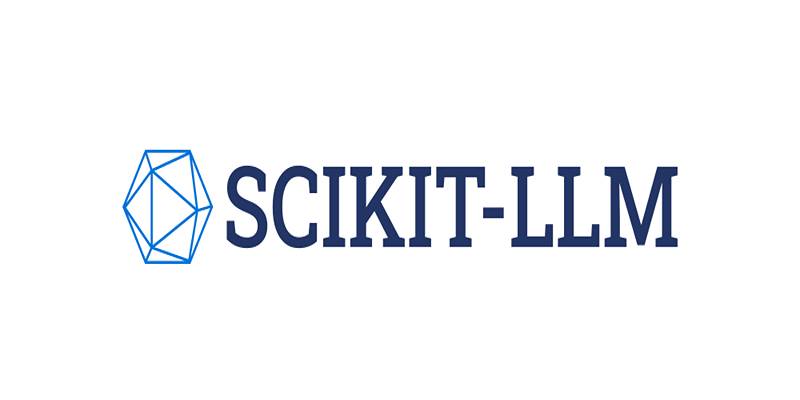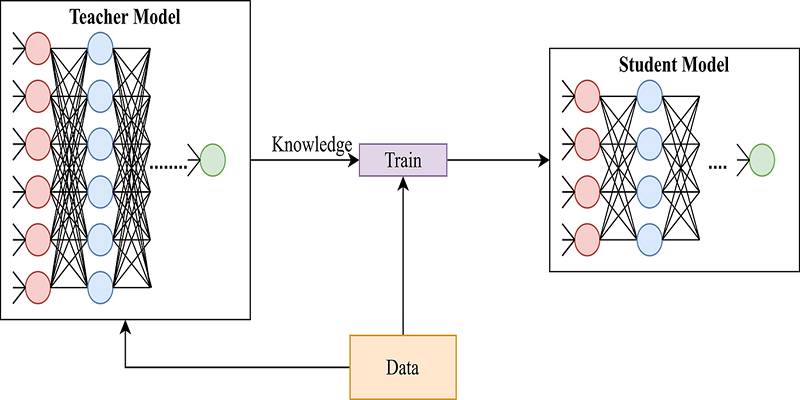The digital marketplace has transformed rapidly, and Amazon remains at the forefront of this evolution. Simply listing products is no longer enough to succeed—sellers need smarter strategies to stay competitive. Artificial intelligence (AI) has emerged as a powerful ally, enabling sellers to optimize every part of their Amazon business.
From enhancing visibility and driving conversions to pricing automation and optimizing customer interactions, AI simplifies it to work efficiently and profitably. With the integration of AI tools, sellers can optimize operations, make informed decisions, and gain a competitive advantage in an oversaturated market while cutting down on manual effort and maximizing overall performance.
15 AI Tips for Amazon
Below are 15 actionable tips that will help you dominate Amazon using AI and take your business to the next level.
Use AI to Optimize Product Listings
A well-crafted product listing is one of the keys to Amazon's success. Using AI tools that analyze high-performing listings can help you understand what keywords, images, and descriptions resonate most with your audience. These tools can suggest changes to make your product title more effective, enhance bullet points, or even help create compelling descriptions. By integrating AI into your listing strategy, you can ensure that your products stand out in a crowded marketplace.
Automate Pricing Strategies

Dynamic pricing software powered by AI enables you to change prices in response to market conditions such as demand, competition, and seasonality. Automated pricing ensures competitiveness, optimizes profit margins, and responds to changes in real-time, eliminating the need for frequent manual price adjustments.
Use AI to Forecast Demand
AI interprets sales history, market trends, and seasonal cycles to forecast demand for your goods. Proper forecasting enables you to better manage your inventory, avoid stockouts and overstocking, maintain a constant stream of sales, and minimize storage expenses.
Personalize Customer Recommendations
AI-based recommendation engines leverage customer information to recommend products based on a customer's history of browsing and purchasing. Product suggestions based on personalization increase the chances of upselling and cross-selling, which improves sales and the customer experience, leading to repeat purchases.
Optimize Advertising Campaigns with AI
AI tools optimize your Amazon ad campaigns by analyzing performance metrics and suggesting keyword adjustments. By automating bid strategies and budgeting, AI ensures your ad spend is used efficiently, maximizing ROI and helping you reach more potential customers at a lower cost.
Enhance Customer Support with AI Chatbots
AI chatbots can provide immediate responses to customer inquiries, resolve common issues, and offer product recommendations. This 24/7 support improves customer satisfaction, reduces response time, and allows you to focus on more complex issues while ensuring your customers are always assisted.
Leverage AI for Sentiment Analysis
AI-powered sentiment analysis tools evaluate customer reviews to determine product satisfaction. By understanding positive and negative sentiments, you can improve products and address customer concerns quickly, which helps you maintain a good reputation and increases the likelihood of receiving higher ratings.
Streamline Inventory Management
AI tools automate inventory management by tracking stock levels, predicting demand, and optimizing reorder schedules. This reduces human error, ensures products are in stock when customers want them, and helps you avoid storage fees for excess inventory, improving operational efficiency.
Automate Product Reviews Collection
AI helps streamline the process of collecting product reviews by sending automated review requests to customers after their purchase. This ensures you gather feedback efficiently and maintain a strong reputation with positive reviews, ultimately boosting your products' visibility and attractiveness to potential buyers.
Use AI for Fraud Detection
AI-based fraud detection systems monitor transactions and listings to identify fraudulent activity, such as counterfeit products or unauthorized transactions. By implementing AI for fraud prevention, you protect your business from scams, maintain customer trust, and avoid costly chargebacks or penalties.
Maximize Profit Margins with AI Cost Analysis

AI tools analyze your expenses, identifying areas where you can cut costs—such as shipping or storage fees. By optimizing these areas, you can increase your profit margins without compromising your product pricing, ensuring you stay competitive while maintaining healthy profits.
Improve Product Images with AI
AI can automatically enhance product images, adjusting brightness and resolution and even removing backgrounds. Higher-quality images attract more customers, improving your product's appearance and ensuring it's presented in the best light. AI also optimizes image sizes for faster loading, improving the user experience.
Monitor Competitor Activity with AI
AI tools track competitors' product listings, pricing, and promotions. By monitoring your competition, you can adjust your strategy, stay competitive, and spot emerging trends. This helps you react quickly to changes and ensure your offerings are always ahead of the curve.
Use AI for SEO Optimization
AI-driven SEO tools suggest the most effective keywords for Amazon search algorithms. By using these keywords in your product listings, you can improve your rankings and increase visibility. Optimized content ensures that your products are discoverable, driving more traffic and potential sales.
Predict Trends and Stay Ahead of the Curve
AI can analyze vast amounts of data to identify emerging market trends. By leveraging these insights, you can adjust your product offerings, marketing strategies, and even pricing models before trends peak, ensuring that your business stays ahead of competitors and remains relevant to customers.
Conclusion
Dominate Amazon with AI by integrating smart tools into every layer of your business—from listings and pricing to customer service and inventory. These 15 tips offer practical ways to improve efficiency, increase visibility, and drive higher sales. AI gives you the insight and automation needed to stay ahead in a highly competitive space. As the marketplace evolves, those who adapt with intelligent, data-driven strategies will lead. Don’t wait for trends to pass you by—start using AI now to streamline operations and secure long-term growth. Success on Amazon isn’t accidental; with AI, it becomes a calculated and repeatable process.











